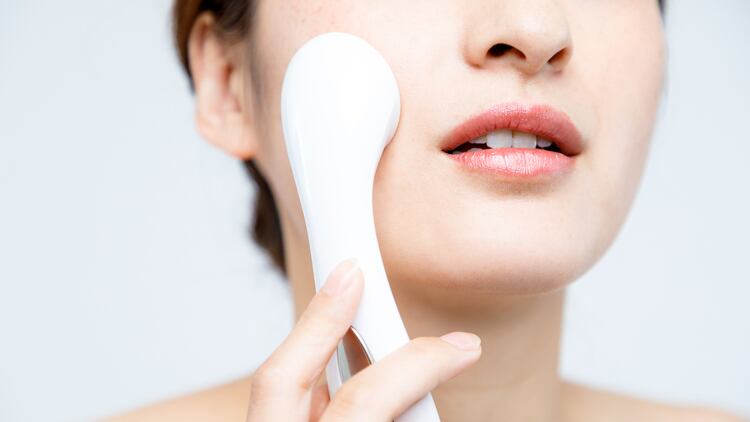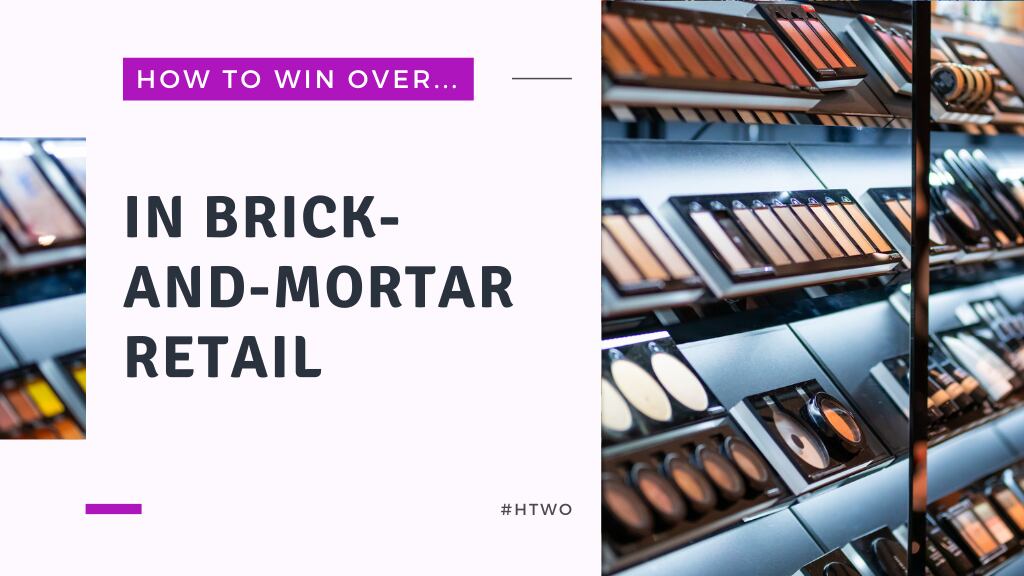That’s the view of Kantar expert Ashley Kang, who added: “They want make-up that lasts but is quick and convenient to apply to achieve a natural look. They also want treatment for longer hair due to salon closure because of the pandemic. Hence, there are opportunities to grow.
“Consumers also want sophistication due to leading healthier lifestyles during the pandemic. Their views on beauty have changed since. Holistic care is more than just treating a concern; it has stepped beyond traditional beauty to tech beauty. They want not only to look good but to feel good. This will be the future”.
She spoke in-depth about the evolving beauty consumer at her webinar during the Cosmoprof Asia Digital Week (#CADW).
Simplification
Based on KANTAR’s research, Kang claimed simplifying beauty routines had spread globally. In the Asia Pacific, 90% of Chinese consumers agreed they preferred little make-up and having a natural look.
The trend was also proven with the continued rise of simplified personal care by 10% weekly in China, compared to Brazil, US, Spain and Germany. It was also causing the fast fall of make-up like facial, eye and lip products.
“Morning occasions are quicker and require fewer products. Therefore, firms should adapt, focusing on the speed of use and having long-lasting benefits. You apply once, and that’s it,” said Kang.
Despite the simplification, research has shown that eye make-up was still in demand and generating the most out of the total cosmetics segment. Popular eye products include those that can define the shape of the eye and eye colour. This trend for eyes was probably due to wearing masks that only reveal a person’s eyes.
Regarding hair, brands should unlock premiumisation. The reason is longer hair was washed less frequently but required specific solutions.
This trend was proven by positive growth in two years for smooth, shine, and damage and repair products in Taiwan (9%), India (17%) and Vietnam (5%). Additionally, there was faster growth in anti-hair loss shampoo in Taiwan (21%), India (6%), South Korea (38%), China (33%) and Vietnam (14%).
Since the pandemic started, the professional colouring of hair has been moving into homes as well, with growths recorded in South Korea, Taiwan, Japan and China.
“Consumers are buying lesser products, but there are pockets of opportunities,” said Kang.
Sophistication
According to KANTAR, more consumers are seeking environmentally-friendly products and brands. As many as 90% of Chinese consumers avoided using products harmful to the environment. Such consumers were also willing to pay extra for sustainable initiatives, such as refills, recycled plastic or cardboard packaging and bar shampoo.
Derma cosmetics, referring to products with gentle care and efficacy, was an area of increasing demand too, especially in the South Korean, Chinese and Taiwanese markets. Therefore, one way to capitalise on this is to premiumise. Kang said premium prices could go 1.5 to 3 times higher than mass brands.
At the extreme end lies tech beauty, with a growing number of consumers buying tech devices, such as home beauty device pens. In South Korea, 26% or nearly a third of consumers spent US$239 on average per unit. They bought various products like LED masks, electric cleansers, lifting-up devices and sebum aspirators.
In conclusion, brands and products are encouraged to focus on simplification and sophistication to grab growth opportunities.
“Now, we are also looking at another new market situation and the challenge of inflation. COVID-19 and inflation are two different events, but the opportunities available are quite a lot for us to find and learn,” said Kang.


